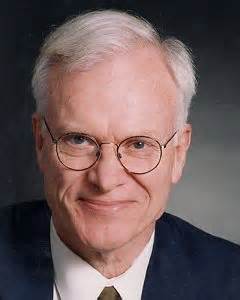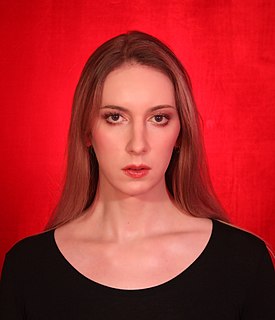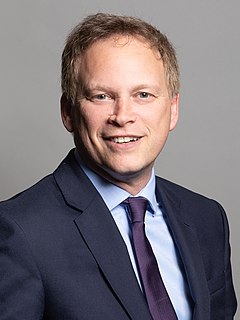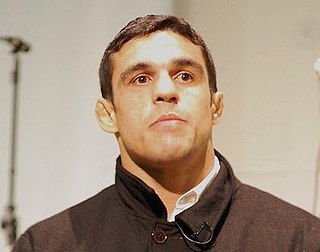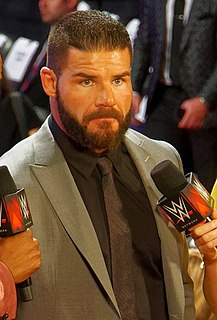A Quote by Chris Pratt
It's weird as actors because I mean we're fortunate in the group of people who have to spend time away from their families. There are men and women serving overseas who certainly have it a lot harder than we do, and there are jobs that take people away from the families, and that's a reality with some jobs that you have. One thing that's really difficult I find is the transition, because not only do you have to learn how to transition to living on your own again, there's a transition that happens learning how to live with somebody again.
Quote Topics
Actors
Again
Away
Because
Certainly
Difficult
Families
Find
Fortunate
Group
Happens
Harder
How
Jobs
Learn
Learning
Live
Living
Living On
Lot
Mean
Men
Men And Women
One Thing
Only
Overseas
Own
People
Reality
Really
Serving
Some
Somebody
Spend
Spend Time
Take
Than
Thing
Time
Time Away
Transition
Weird
Women
Your
Related Quotes
Why do we resist giving help to homeless men? In part because we don't understand how our pressure on men to support families often forces men to take transient jobs that are but a step away from homelessness (the death-of-a-salesman jobs, the migrant worker jobs...) and in part because we respond differently to men who fail [than women who fail].
With living wage jobs, basically 20 million of them to help jump-start a sustainable and healthy economy, with an insured, just transition, for example, for workers in both the fossil fuel and in the weapons industry, because they all need to transition to sustainable forms of production. This is also our answer to the departure of manufacturing jobs and good jobs by creating the manufacturing base here for clean renewable energy and the efficiency systems and public transportation to put these workers to work in jobs that are actually good for them.
Change is situational. Transition, on the other hand, is psychological. It is not those events, but rather the inner reorientation or self-redefinition that you have to go through in order to incorporate any of those changes into your life. Without a transition, a change is just a rearrangement of the furniture. Unless transition happens, the change won't work, because it doesn't 'take'.
The I Ching tells us that for every ending there is a new beginning. In other words, what appears like a transition isn't really a transition; it's a continuum of existence. If you close your eyes for a moment the room will appear to go away. But does it really? Open your eyes again and the room will still be there. That's all death is.
The number one thing I will take with me is my experience as a social worker who saw what happened to families who couldn't find jobs, struggled to take care of their health and saw opportunity slipping away for their kids. I ran for Congress because politicians were fighting with each other instead of looking out for these families.
The 60s were a continuation of the 50s much more than people realized. Certainly in some countries, like Britain, there was still a culture of deference, whereas in the 70s we really are in a time of angry transition. The generation that came into young adulthood in the 70s couldn't find jobs; that wasn't true in my generation. They entered a time when two depressing things hit them both at the same time.
What people that are professionals in the art world - both in literature and the other arts - always try to do is to recognize the feasibility of making the transition from the particular to the general - to make the transition from the portrait of one postman - to take Van Gogh, for example, to something that is every postman. That synecdotal transition that most selfies don't make. But we who live in this world, and not simply in our private realities, understand that that's the transition our art has to make.
I'm still in the middle of the transition. I'm still in man-boy mode. And that won't go away for a while. But it's a fun time to be in, because it's very rare that people get to work through this time. It's rare to see a John Cusack in Say Anything. It's rare that you'd find an actor right in the cusp of the child-to adult transition, just got through puberty, just getting into a different way of life. There's few movies like that, and few roles like that, so it's going to be tough to pick and choose. I guess the goal is good people, work with good people.
To me, I think I've always carried that type of WWE style with me throughout my career, even before I got here, so the transition hasn't been that difficult. I've been enjoying the transition, to be honest with you, because in my opinion, this business evolves all the time, and it changes all the time.



